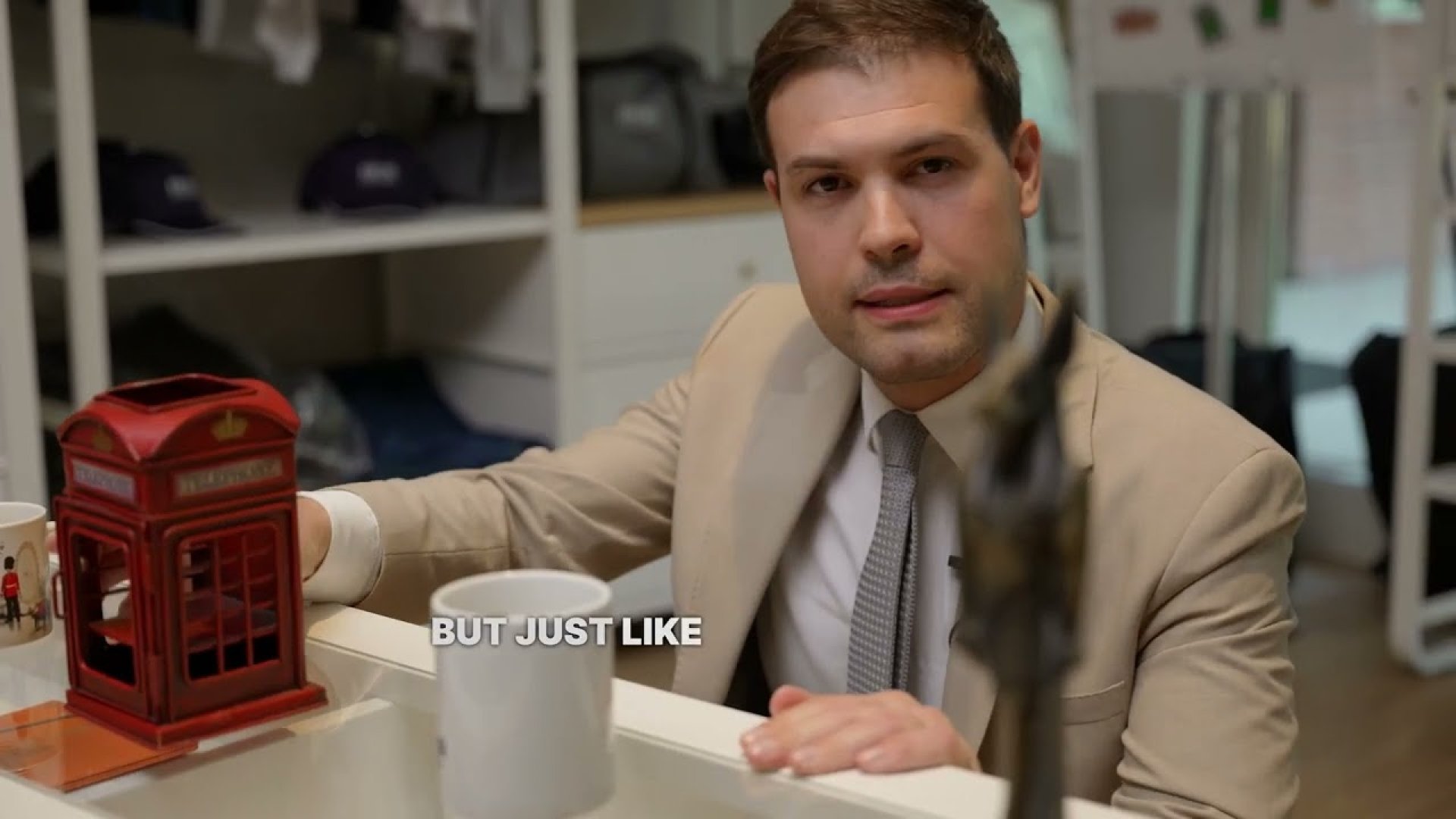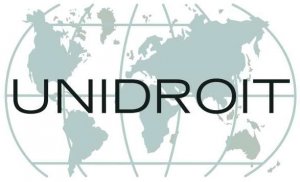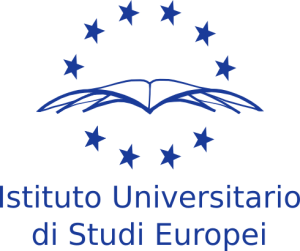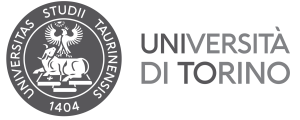Master in International Trade Law

Photo © Echaparro
Master
Master in International Trade Law
1 novembre 2026–31 octobre 2027
Le cours est disponible en English
Master the skills for a career in global trade law with the Master of Laws in International Trade Law, offered by ITCILO in partnership with the University of Turin. This one-year programme combines flexible online learning with an engaging residential phase in Turin and concludes with a final essay, allowing you to specialise in a key area. Explore essential topics such as international contracts, dispute resolution, intellectual property, and arbitration through partnerships with respected institutions, including UNIDROIT, UNCITRAL, IUSE, ILO, WTO, and ICC. Learn directly from experienced professors and experts, blending academic foundations with practical knowledge focused on trade, technology, and sustainability. Graduates will be awarded a First Level Master’s degree from the University of Turin, prepared to shape the future of international trade.
The Master of Laws in International Trade Law is accredited by the Italian Consiglio Nazionale Forense (CNF) (Prot. n. RIC-2025-00003042 of 25/09/2025). Enrolled lawyers are entitled to receive 20 CLE credits, in accordance with CNF Regulation No. 6 of 16 July 2014.
Key features
Comprehensive curriculum
Master international trade law with a focus on foundational frameworks, comparative private law, and emerging cross-cutting topics in technology and sustainability.
Global expertise
Learn from international experts, top academics, and practitioners from organizations such as UNCITRAL, UNIDROIT, and the WTO.
Applied learning
Participate in case studies, workshops, simulations, and mock court exercises to develop practical legal skills.
Blended learning
Combine online coursework with an immersive residential phase in Turin for a well-rounded education.
Présentation du Master
Ready to advance your career in international trade law? Our Master's programme, delivered in partnership with the University of Turin and ITCILO, offers a thorough educational experience tailored for professionals in this critical field. This intensive programme equips you with the specialized knowledge and skills to navigate and manage global trade systems. With a robust curriculum, insights from global experts, and practical learning opportunities, you'll be prepared to address the complexities of international trade law. Join a diverse group of professionals from around the world. Dive into the intricacies of trade law, engage with leading authorities, and embark on a transformative journey that will elevate your career. Explore how our Master's programme can enhance your expertise and drive impactful change in the field of international trade law.
Groupes cibles
Our Master's programme attracts a diverse array of professionals dedicated to advancing their expertise in international trade law. Participants typically include: - Legal practitioners and advisors: Individuals seeking to enhance their expertise in global trade regulations and practices. - Government officials and policy makers: Professionals from ministries, trade departments, and regulatory bodies aiming to deepen their understanding of trade law. - Corporate counsel and trade consultants: Specialists involved in advising or managing international trade issues, looking to refine their skills and knowledge. - Project managers and development experts: Professionals engaged in international projects needing advanced legal skills in trade and compliance. - Recent graduates: New entrants to the field of trade law seeking a robust foundation in both theory and practice. - Staff from international organizations: Employees from entities such as the UN, WTO, and NGOs requiring insight into global trade law standards.
Methodology
The Master in International Trade Law employs a dynamic and immersive approach to build essential skills and knowledge. Integrating law, economics, and management, the programme offers a comprehensive view of global trade systems.
Utilizing a blended learning format, the programme combines flexible online coursework with an essential residential phase in Turin. Participants engage in interactive lectures, seminars, workshops, and collaborative exercises led by top experts in the field. Practical experience is emphasized through case studies, real-world assignments, and research projects addressing contemporary trade challenges.
Advanced tools like virtual simulations and interactive online resources enhance learning. A key component is the final dissertation, where students apply their knowledge to specific trade law issues. Throughout, dedicated faculty provide continuous support to ensure academic and professional success.
Assessment
The Master in International Trade Law employs a range of assessment methods to evaluate participants' understanding and skills.
Written exams are used to gauge comprehension of core concepts, regulatory frameworks, and legal principles. Practical assignments, such as case studies, policy analyses, and trade simulations, enable students to apply their knowledge to real-world scenarios. Participants also engage in individual and group projects that address specific trade law challenges, requiring thorough research and solution development.
Oral presentations assess participants’ communication skills and their ability to articulate complex legal issues effectively. Continuous assessment through quizzes, interactive discussions, and active participation in workshops ensures ongoing engagement and progress throughout the programme. The programme culminates in a final dissertation, where students undertake a comprehensive research project on a significant trade law topic, demonstrating their ability to apply learned concepts to practical challenges.
Duration, language and venue
The Master in International Trade Law is designed to be completed in one year and is structured into three key phases: an online learning phase, a mandatory residential phase, and a final project and research phase.
The programme is delivered primarily in English, so proficiency in the language is crucial for successful participation.
The initial phase consists of online coursework, allowing participants to engage with the material flexibly at their own pace. The mandatory residential phase takes place at the International Training Centre of the ILO (ITCILO) in Turin, Italy, offering an immersive experience with in-person instruction and interaction. The final phase focuses on a project and research component, typically conducted in a hybrid format that combines remote work with online support from faculty members.
Structured learning schedule
The Master in International Trade Law offers a comprehensive and practical learning experience, organized into distinct phases:
Phases details
- Preparatory phase (online)
- Residential phase (on campus)
- Applied project and research phase (hybrid)
- Final evaluation and certification
- Duration: 4 months
- Focus: Building foundational knowledge in international trade law, including legal frameworks, regulatory institutions, and trade practices.
- Activities: Online lectures, interactive webinars, case studies, and collaborative assignments.
- Duration: 2.5 months
- Location: ITCILO campus in Turin, Italy
- Focus: Intensive learning with advanced training in trade law, dispute resolution, and global trade issues.
- Activities: Seminars, workshops led by international experts, practical exercises, and case simulations.
- Duration: 5.5 months
- Focus: Application of trade law concepts through a research project or dissertation, addressing contemporary trade challenges.
- Activities: Development of a final dissertation, independent research, and ongoing online support and mentorship from faculty.
- Duration: 1 month
- Focus: Comprehensive assessment of the knowledge and skills acquired throughout the programme.
- Activities: Written and practical exams, oral defense of the dissertation, and issuance of the Master’s degree upon successful completion.
Objectives
The Master in International Trade Law is crafted to provide participants with a comprehensive and interdisciplinary understanding of global trade systems. By blending insights from legal theory, economics, and international relations, the programme aims to develop critical skills for navigating and shaping trade practices and policies. Key areas of focus include international trade regulations, dispute resolution, trade agreements, and the impact of emerging technologies on global trade.
The programme emphasizes a global perspective on trade issues, leveraging expertise from leading academics and practitioners. Participants engage with innovative learning methods, including interactive case studies, simulations, and real-world assignments, to address practical challenges in international trade law. Additionally, the programme fosters the growth of proficient trade law professionals and offers valuable networking opportunities for exchanging knowledge and best practices across diverse sectors and regions.
What are the topics?
Students gain the fundamental tools and competencies needed to handle the complexities of international commercial transactions.
- Compliance with trade-related transnational and international sets of rules
- Negotiation, drafting, and management of international commercial contracts
- International dispute resolution and arbitration
Faculty
The Master in International Trade Law features a distinguished faculty committed to advancing the field of trade law. Our team comprises leading academics, seasoned practitioners, and experts from prestigious international organizations. This exceptional mix of expertise provides participants with a robust education, blending theoretical foundations with practical insights from global trade practices and emerging legal challenges.
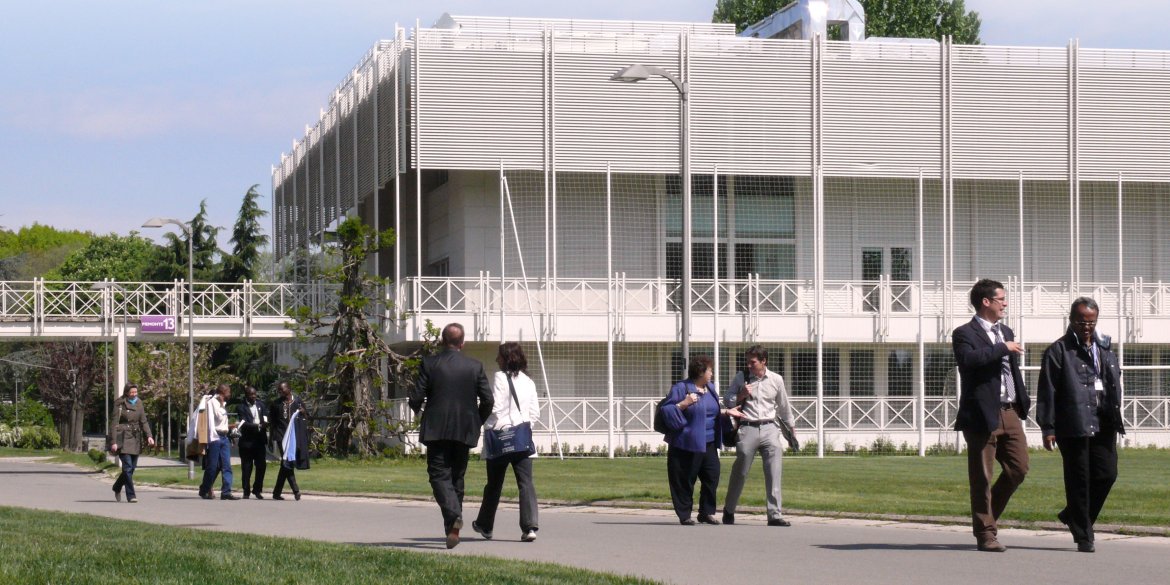
5 reasons to choose the Turin School of Development
- 1. Global expertise and diverse faculty: TSD boasts a faculty comprising leading university professors, senior practitioners, and UN experts from over 80 renowned institutions worldwide. This diverse team ensures a rich, multidisciplinary educational experience that integrates global knowledge with practical expertise.
- 2. Innovative and sustainable learning: TSD’s programmes are designed to be cutting-edge, incorporating the latest technological advancements and sustainable practices. The combination of distance learning, face-to-face interaction, and applied project work minimizes participants’ absence from their professional duties while maximizing learning outcomes.
- 3. Strong connection with UN and specialized agencies: As part of the International Training Centre of the ILO, TSD leverages its unique position within the UN system. This connection provides unparalleled access to specialized knowledge and enhances the comparative advantage of its Master’s programmes in areas such as human rights, social justice, and sustainable development.
- 4. Comprehensive career preparation: TSD graduates are equipped with the essential competencies needed for careers in international organizations, governments, and NGOs. The programmes blend academic rigor with practical application, preparing students to tackle contemporary challenges in fields like international development, social innovation, and technology and public policy.
- 5. Multicultural and international environment: With participants from all over the world, TSD offers a truly global learning experience. Students broaden their horizons, enhance their managerial skills, and build a strong professional network by interacting with peers from diverse cultural and professional backgrounds.
Choosing TSD means joining a community dedicated to advancing social justice and sustainable development through high-quality, innovative education.
How to enroll
- Apply: Use the Apply now button, above, to fill out the application form.
- Confirmation: Successful candidates will receive confirmation, guidelines, and an invoice from the Centre.
- Payment: Secure your place by making the required payment, due at least 14 days before the course starts.
- Cancellation: If you need to cancel, notify us at least 14 days before the course start date to avoid penalties.
For more details on applications, payments, and cancellation policies, please refer to our Practical Information section or contact admissions@itcilo.org for general inquiries.
Alumni Quotes
The master’s programme is a melting pot, that has laid the foundation for me to experience international trade law in theory and in practice. It has enhanced my skills, knowledge, and competencies to excel and to build an exceptional and enviable career in international trade. Global trade practice is a lot richer with this programme and it comes highly recommended for success driven trade practitioners. The ITCILO trade law programme is not just a field of study. It is an endeavour to build friendships and connections around the world to promote peace, inclusiveness, and prosperity.
Simon Madjie
Master of Laws in International Trade Law Ed. 2023-24
The Master of Laws in International Trade Law was a pivotal step in my journey towards an international career. It provided me with both a solid foundation in international legal principles and practical tools essential for navigating the field of international trade. The ITCILO campus also offered a unique opportunity to be immersed in a truly international environment, learning alongside peers and professors from all over the world
Bruna Novis Gordilho
Master of Laws in International Trade Law Ed. 2023-24
Pursuing this Master’s degree was a transformative experience. As one of the youngest in the class and one of only two students from Asia—specifically Vietnam—I brought a unique perspective that greatly enriched my learning journey. The programme’s comprehensive curriculum covered key aspects of international trade and legal theory, with a faculty composed of leading experts from around the world providing deep insights that bridged theory and practice. The international cohort broadened my understanding of the application of global trade law through diverse and multicultural interactions. The skills and knowledge I acquired are directly applicable to Vietnam’s trade landscape, equipping me to contribute effectively to its integration into the global market. In short, this truly diverse environment allowed me to apply what I had learned in real-world contexts, including work with international organisations and trade institutions
Nga Pham
Master of Laws in International Trade Law Ed. 2022-23
